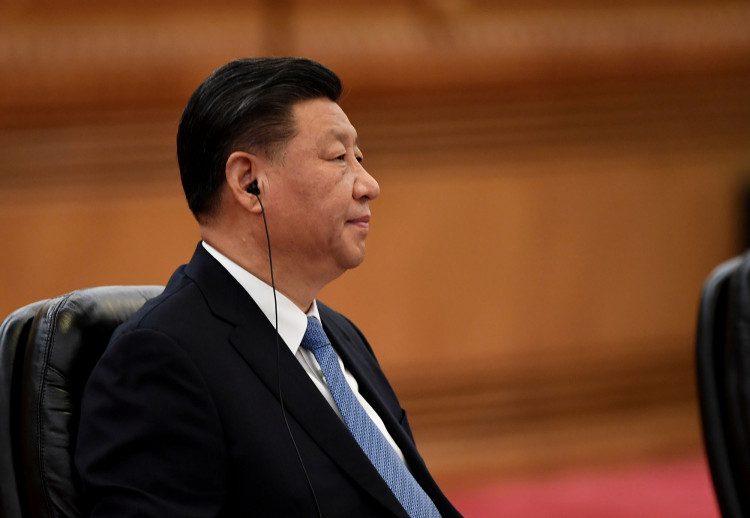China moved to stake out a leading role in global climate diplomacy Wednesday, unveiling its first pledge to cut greenhouse gas emissions and urging developed nations to accelerate their efforts - a move that underscored the widening gulf between Beijing and Washington on climate policy.
Speaking via live video to a high-level climate summit hosted by U.N. Secretary-General António Guterres, Chinese President Xi Jinping said China would cut emissions by 7% to 10% from their peak levels by 2035. The commitment marks the first time the world's largest emitter has promised an absolute reduction in emissions rather than simply limiting their growth.
Xi said China would also expand wind and solar power capacity sixfold from 2020 levels over the next decade, aiming to lift the share of non-fossil fuels in its energy mix to over 30%. "Green and low-carbon transformation is the trend of our times," Xi said. "Despite some countries going against the trend, the international community should stay on the right track, maintain unwavering confidence, unwavering action, and undiminished efforts."
Xi's remarks appeared to rebuke U.S. President Donald Trump, who one day earlier called climate change a "con job" in his U.N. General Assembly address and announced a second U.S. withdrawal from the Paris Agreement. Trump said he wanted America to double down on fossil fuels, calling climate scientists "stupid" and accusing Europe and China of using climate policy to undermine U.S. industry.
China's announcement comes ahead of November's COP30 climate summit in Brazil, where pressure is mounting for new 2035 targets. While Beijing's pledge is significant, climate analysts said it fell short of what is needed to keep global warming below 1.5°C. "Beijing's commitment represents a cautious move that extends a long-standing political tradition of prioritizing steady, predictable decision-making but also hides a more significant economic reality," said Li Shuo, director of the China Climate Hub at the Asia Society.
Other major economies used the summit to roll out new plans:
- Brazil pledged to cut emissions by 59%-67% by 2035 and accelerate deforestation crackdowns.
- Australia committed to a 62%-70% reduction from 2005 levels by 2035, with Prime Minister Anthony Albanese calling this "a decisive decade for climate action."
- Palau, speaking for the Alliance of Small Island States, said it would slash emissions to 44% of 2015 levels and warned of the legal obligation for big polluters to do more.
U.N. officials hailed progress but warned that current pledges still leave the world on track for 2.6°C of warming - well above the Paris target of 1.5°C. "Now, we need new plans for 2035 that go much further, much faster," Guterres said, noting that the world has already warmed by more than 1.2°C.






